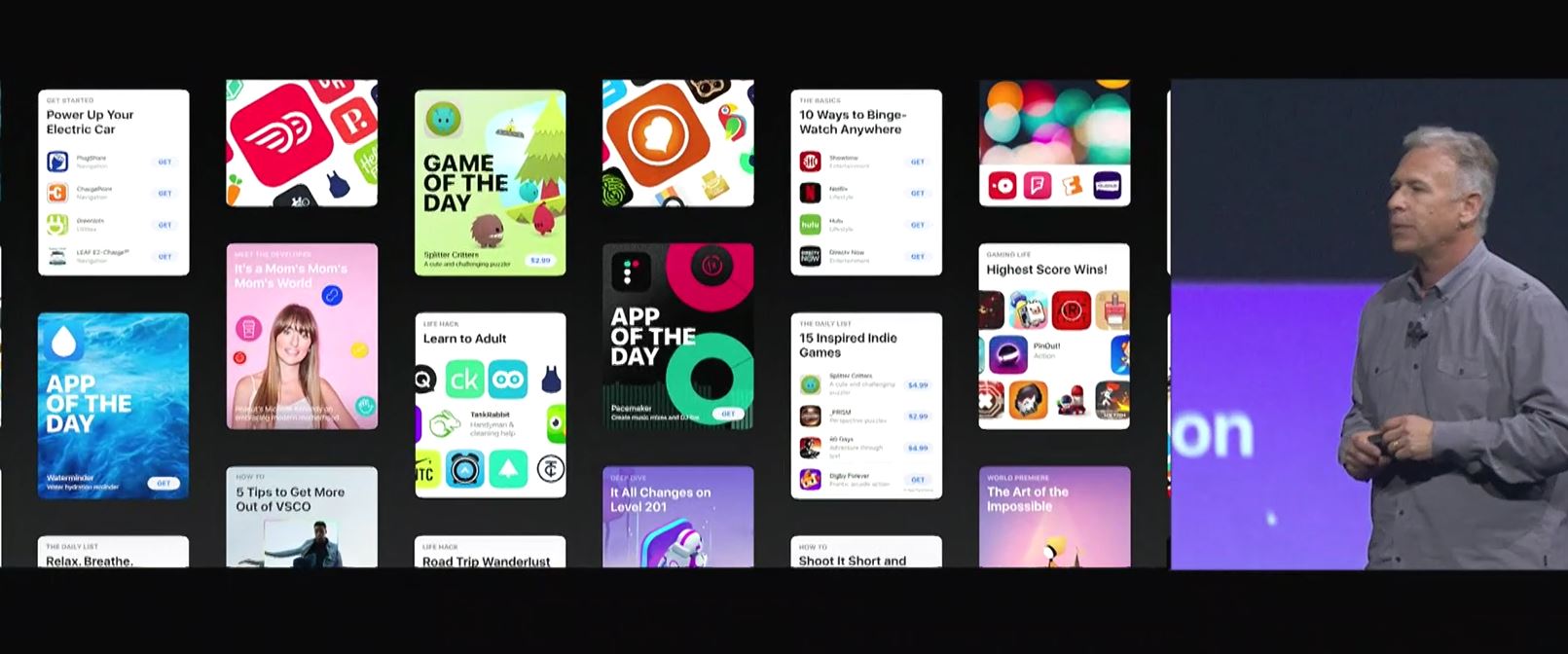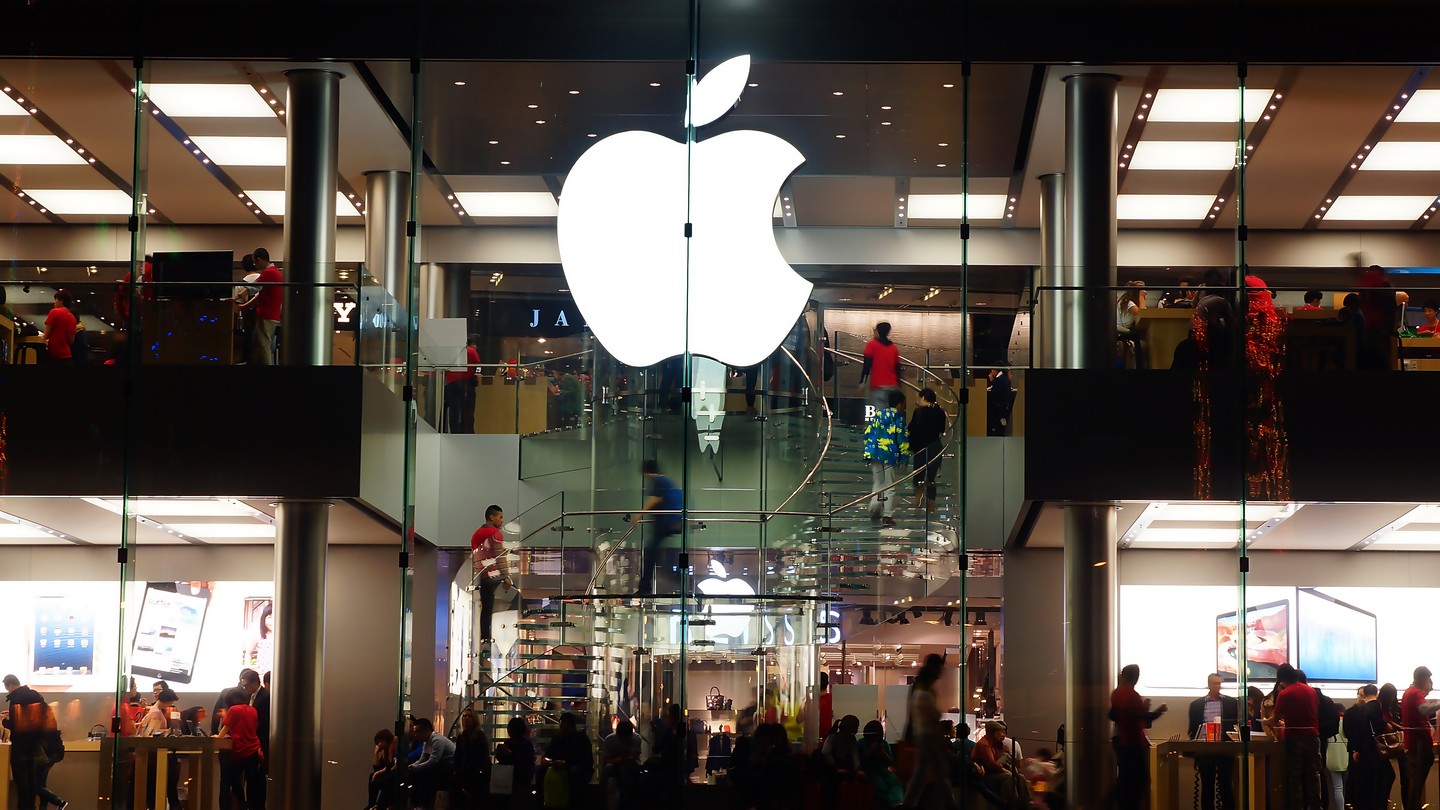Specifically, the US Supreme Court has told consumers to go ahead with their lawsuits against the company from Cupertino. To which the company will now have to answer every legal filing against it purported use of market dominance to “artificially inflate” prices on its App Store. Financially, the injunction is expected to force Apple to reduce the commission rate that it charges on apps, which currently sits at 30%. Further, the lawsuits by its consumers so far sits in the range of hundreds of millions of dollars. Naturally, Apple had tried to contest the judgement, referring to a 1977 Supreme Court ruling that only consumers who directly purchase products are allowed to collect damages for overpricing.
The presiding judge at the hearing, Justice Brett Kavanaugh, said during the ruling that “iPhone owners are not consumers at the bottom of a vertical distribution chain who are attempting to sue manufacturers at the top of the chain” and that there was no intermediary in the distribution chain between Apple and the consumer. Apple’s losing streak has steadily been racking up. Prior to this, the fruit company lost several other lawsuits in other countries. The fruit company lost out to Qualcomm on a court-ordered ban in Germany, prohibiting it from selling specific iPhone models in Europe. Around the same time, a similar ban in China forced the company to pull several of its older iPhone models from its shelves.
For the record, the US isn’t the only country that is tackling Apple’s exorbitant commission rate. A recent report indicates that the EU is also looking into the matter, after a complaint by the internet music-streaming service, Spotify, was lodged against the fruit company. (Source: Bloomberg)

